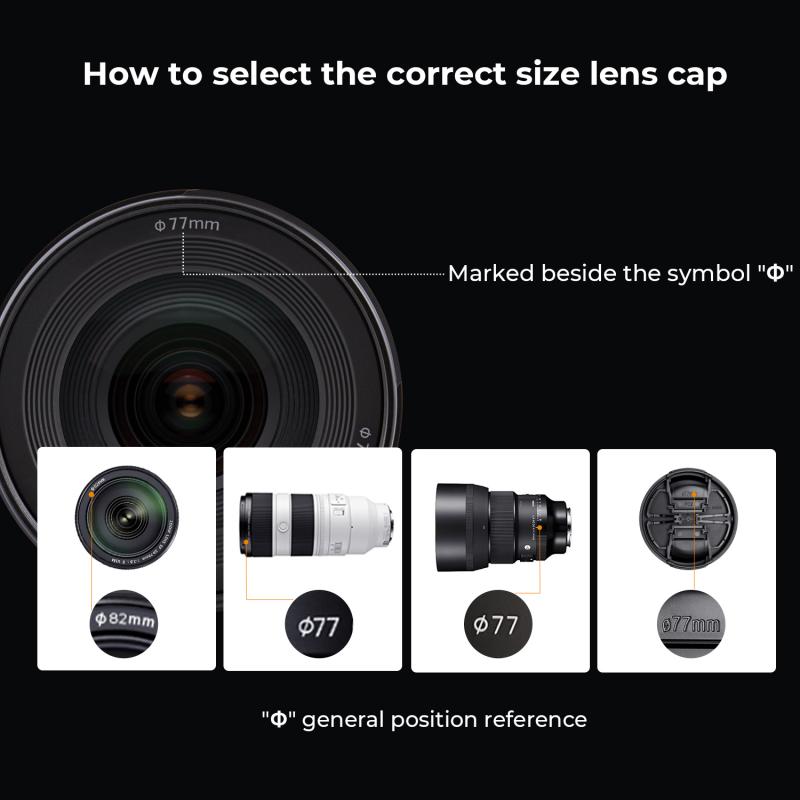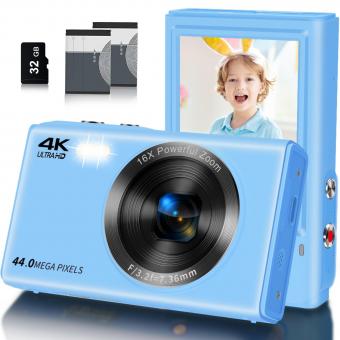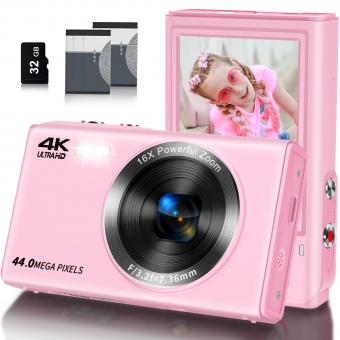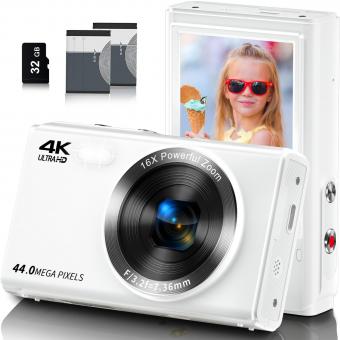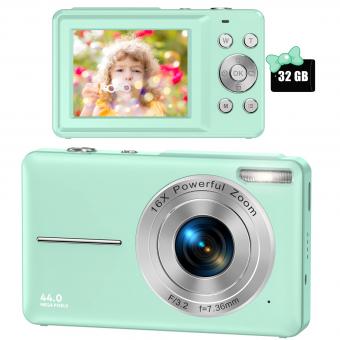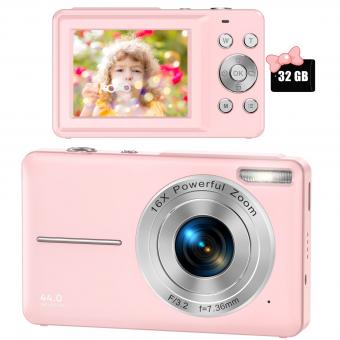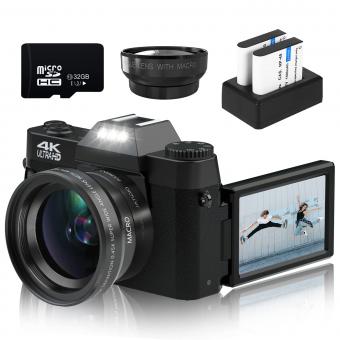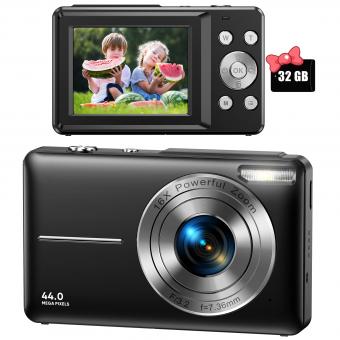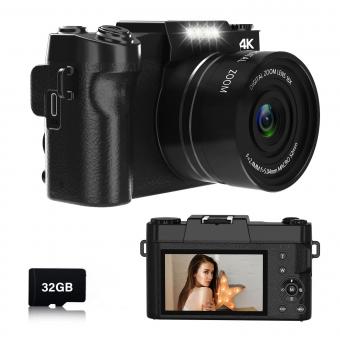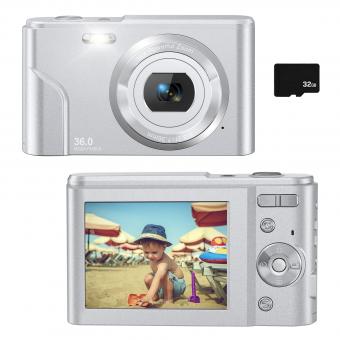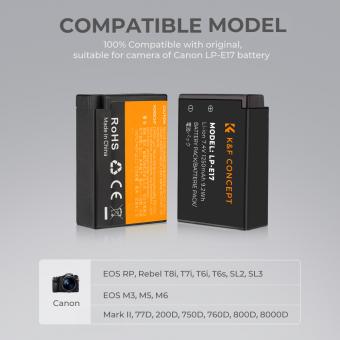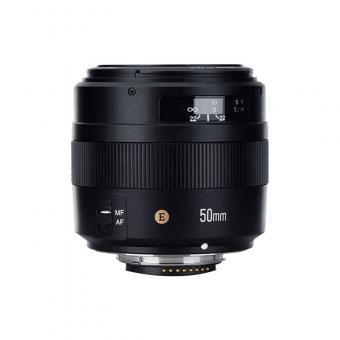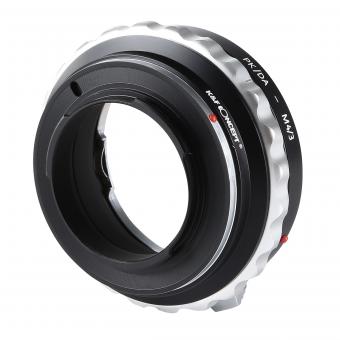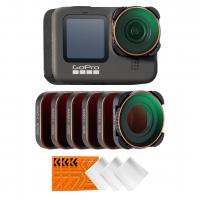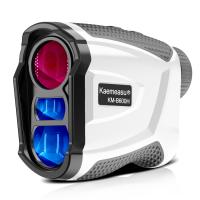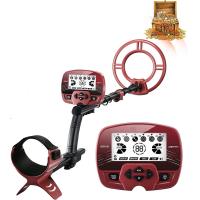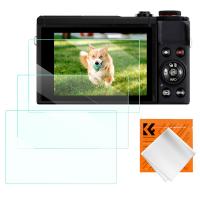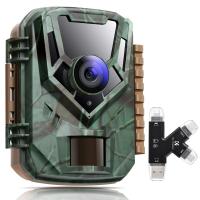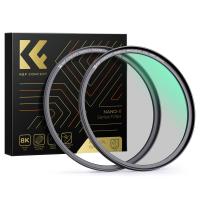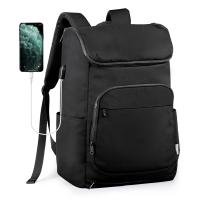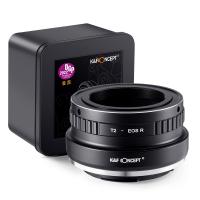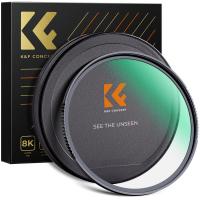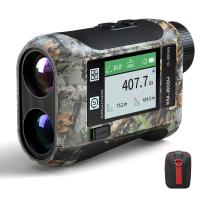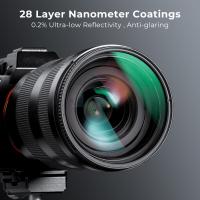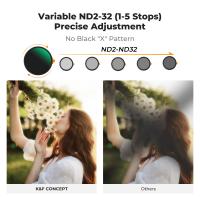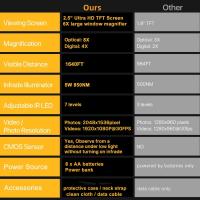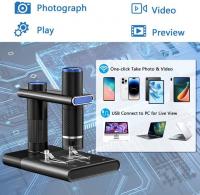What Can A Digital Camera Do ?
A digital camera can capture and store images and videos in digital format. It uses an image sensor to convert light into digital signals, which are then processed and saved onto a memory card. Digital cameras offer a range of features and settings, such as different shooting modes, exposure controls, and image effects. They also often have built-in flash units and the ability to connect to external flashes. Some digital cameras have interchangeable lenses, allowing for greater flexibility in capturing different types of images. Additionally, many digital cameras have the ability to record high-quality video, with some models even offering 4K resolution. Overall, digital cameras offer a convenient and versatile way to capture and preserve memories in a digital format.
1、 Image resolution and quality
A digital camera is a device that captures and stores images in digital format. It has revolutionized the way we take and share photos, making it easier and more convenient than ever before. Digital cameras come in a variety of shapes and sizes, from compact point-and-shoot models to professional-grade DSLRs.
One of the key features of a digital camera is its image resolution and quality. This refers to the number of pixels in an image and how clear and sharp it appears. Higher resolution cameras produce images with more detail and clarity, making them ideal for printing or enlarging. The latest digital cameras on the market offer resolutions of up to 50 megapixels, which is more than enough for most applications.
In addition to image resolution and quality, digital cameras offer a range of other features and functions. These include autofocus, image stabilization, and various shooting modes such as portrait, landscape, and sports. Many cameras also have built-in flash units and the ability to shoot video.
Another advantage of digital cameras is the ability to instantly review and edit photos. Most cameras have LCD screens that allow you to preview your shots and make adjustments to settings such as exposure and white balance. You can also delete unwanted photos and save only the best ones.
Overall, a digital camera is a versatile and powerful tool for capturing and sharing images. With the latest technology, you can expect high-quality photos and a range of features that make it easy to take great shots in any situation.

2、 Zoom and lens capabilities
A digital camera is a device that captures and stores images and videos in digital format. It has revolutionized the way we take pictures and record videos, making it easier and more convenient than ever before. Digital cameras come in various shapes and sizes, from compact point-and-shoot models to professional-grade DSLRs.
One of the most significant advantages of digital cameras is their zoom and lens capabilities. With a digital camera, you can zoom in and out to capture distant objects or get a closer look at your subject. The lens capabilities of digital cameras have also improved significantly over the years, allowing for sharper and more detailed images.
In recent years, digital cameras have also become more advanced in terms of their features and capabilities. Many models now come with built-in Wi-Fi and Bluetooth connectivity, allowing you to transfer images and videos wirelessly to your computer or mobile device. Some cameras also have advanced autofocus systems, which can track moving subjects and ensure that they remain in focus.
Another significant advantage of digital cameras is their ability to shoot in low light conditions. Many models now come with high ISO settings, which allow you to capture images in low light without the need for a flash. This is particularly useful for capturing images in dimly lit environments, such as concerts or indoor events.
In conclusion, digital cameras have come a long way since their inception, and their zoom and lens capabilities are just one of the many advantages they offer. With the latest advancements in technology, digital cameras have become more advanced and feature-rich than ever before, making them an essential tool for photographers and videographers alike.
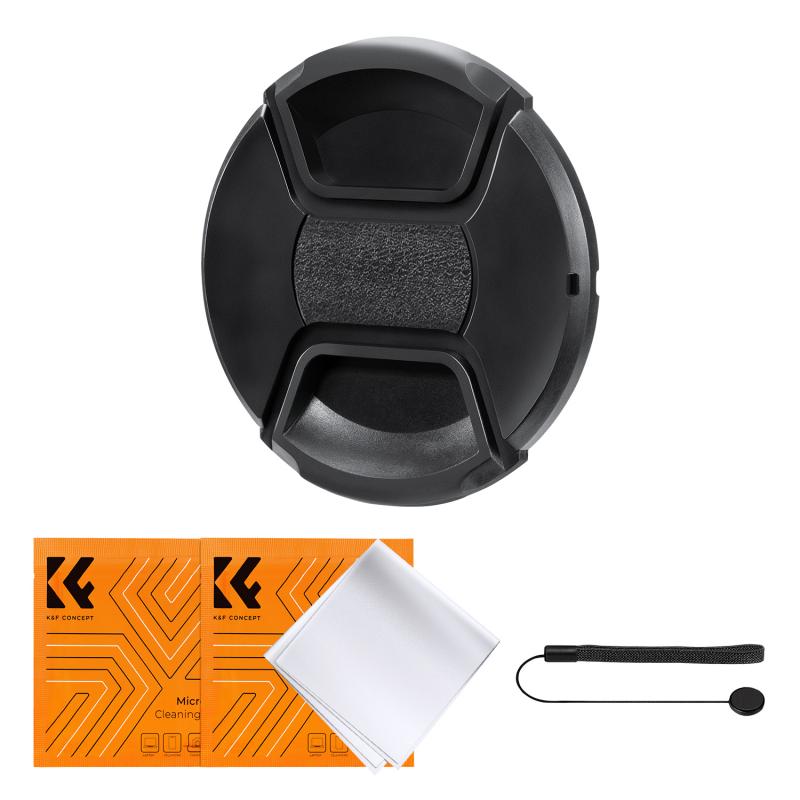
3、 Shooting modes and settings
A digital camera is a device that captures and stores images and videos in digital format. It has revolutionized the way we take pictures and has become an essential tool for photographers, professionals, and amateurs alike. So, what can a digital camera do?
Shooting modes and settings are one of the most important features of a digital camera. They allow the user to adjust the camera's settings to suit the shooting conditions and achieve the desired results. Some of the common shooting modes include portrait, landscape, sports, night, and macro. Each mode has its own settings, such as aperture, shutter speed, and ISO, which can be adjusted to capture the best possible image.
In addition to shooting modes, digital cameras also offer a range of features such as autofocus, image stabilization, and face detection. These features help to ensure that the images captured are sharp, clear, and well-composed. The latest digital cameras also come with advanced features such as Wi-Fi connectivity, GPS, and touchscreens, which make it easier to share and edit images on the go.
Another advantage of digital cameras is the ability to shoot in RAW format. RAW files contain all the data captured by the camera's sensor, allowing for greater flexibility in post-processing. This means that photographers can adjust the exposure, white balance, and other settings after the image has been captured, without losing any quality.
In conclusion, a digital camera can do a lot more than just capture images. With a range of shooting modes, settings, and features, it offers photographers the flexibility and control they need to capture stunning images in any situation. The latest digital cameras also come with advanced features that make it easier to share and edit images on the go, making them an essential tool for anyone who loves photography.

4、 Video recording and playback
A digital camera is a device that captures and stores images and videos in digital format. It has revolutionized the way we take pictures and record videos. Digital cameras have come a long way since their inception, and they now offer a wide range of features and capabilities.
One of the most significant advantages of a digital camera is its ability to record high-quality videos. Most digital cameras today can record videos in high definition (HD) or even 4K resolution. This means that you can capture stunning videos with excellent clarity and detail. Additionally, digital cameras also offer features like slow-motion recording, time-lapse, and image stabilization, which can enhance the quality of your videos.
Apart from video recording, digital cameras also offer a range of other features. They come with various shooting modes, such as portrait, landscape, sports, and night mode, which can help you capture the perfect shot in any situation. Digital cameras also offer manual controls, allowing you to adjust settings like aperture, shutter speed, and ISO, giving you more creative control over your images.
Another advantage of digital cameras is their ability to store and transfer images and videos quickly and easily. Most cameras come with built-in Wi-Fi and Bluetooth connectivity, allowing you to transfer your images and videos to your smartphone or computer wirelessly. This makes it easy to share your photos and videos with friends and family or upload them to social media platforms.
In conclusion, a digital camera can do much more than just capture images. With its ability to record high-quality videos, offer various shooting modes, and provide manual controls, a digital camera is an excellent tool for both amateur and professional photographers. Additionally, with its built-in connectivity features, it has become easier than ever to share your images and videos with the world.
